Today I continued my crusade to make end-of-life care a basic skill, as I gave the Introduction to Dying Lecture to third year medical students, for the twentieth time. For me it is not just about pain control, family meetings and hospice care, but rather convincing physicians that they must change the medicine practiced for the last 100 years. That medicine says that a doctor can fight all disease, give any treatment, spend every dollar, but, by the way, “I don’t do death.”
It is peculiar to me that doctors so often fail in this critical area of health. After all, people have been dying successfully for millions of years; one would think we would be good at it. None-the-less patients often die in institutions, while receiving their fifth or sixth failed chemotherapy regimen, in pain and rarely do they hear the words, “you know you do not have to do this, it would be OK to be at home, with your family, and cherish the life you have.” Why?
The first reason is the culture of cure, which has dominated medicine for almost a century. Ever since ether, penicillin and the vanquishing of small pox, the default assumption is we can heal anything. Polio, pneumonia, most heart disease and many cancers have fallen. Doctors get the clear message from medical schools that they do not have permission to “give up.” Even textbook chapters on diseases that kill 95% of victims end without comment on how to treat all those people, as they die. It is as if they simply vanish from this earth and as such must vanish from every doctor’s mind. Neglected in teaching, death is a humiliating failure, and doctors learn none of the skills and attitudes to help patients in the last days of life.
Paradoxically, the fact that the average physician is a passionate and compassionate human being who went into medicine because he really cares, adds to the problem. It causes doctors pain, to cause their patients pain, emotional or physical. Therefore, in a misdirected attempt to spare suffering, they offer false hope, which may be in the form of incomplete information or a therapy that has the smallest likelihood of benefit. Many physicians believe that if they give bad news, their patients will give up, melt down, fall apart. Lacking the training and experience of how to communicate tough news, not understanding that most people are wonderfully strong and can cope with even the most terrible information, physicians provide useless medical intervention and in doing so deprive their patients of the opportunity to live a vital part of life. They care so much, they give bad care.
Docs contend that the complex issues raised in end of life discussions take too much time, especially with the increased volume and documentation of modern practice. This is a paper tiger. The problem of poor terminal planning is decades old, not a product of recent time-volume pressures. More important, early introduction of palliative planning saves time by preventing the chaos, confusion and anxiety, which occurs when patients and families are suddenly, at the “last minute,” confronted with these emotionally challenging issues.
Physician failures in this area may originate from patient and family blowback. Patients may attack the disease with inches of Internet printouts, third, fourth and fifth opinion consults and a refusal to consider even the remotest suggestion of “failure.” Because of our society’s global phobia and lack of intimate experience with death, families may have little personal understanding of end of life events and therefore unrealistic expectations for cure. This is often combined with a distrust of the medical community, suspecting profit at the core of every recommendation or fearing abandonment. Can you say “death panels?” Faced with this onslaught of combative energy and suspicion, physicians default to aggressive complex medical care, substituting another dose of “chemo-fix-a-mycin” for the truth.
Finally, it seems to me that doctors give end of life compassion and care wide birth, because they believe that to practice this type of medicine, you must be a spiritual person. Physicians confuse the role of the clergy with that of the doctor, feeling that in order to counsel and support their patients a doctor must have a special understanding about mortality and the human condition. How can a doctor work with the dying if they do not have “all the big answers?” Physicians fail to understand that end of life care is a core part of medicine and that all their patients really want is honesty, symptom control, and the reassurance that the doctor will not desert them. The physician does not need to understand the purpose of man, God or the Universe; he just needs to understand his role at the bedside. That is more than enough.
The exciting news, as I gave my lecture today, is that medical schools are now teaching end of life care, and that young doctors today, unlike previous generations, “get it.” Not only are they perhaps more realistic about the broad issues of life and death, they seem more committed to a holistic view of medicine and their own relationship to patients. This deeper understanding of their role not only in maintaining health and fighting illness, but also in helping patients find quality at the end of their lives, promises hope for tomorrow.

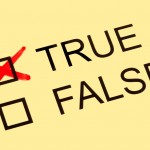
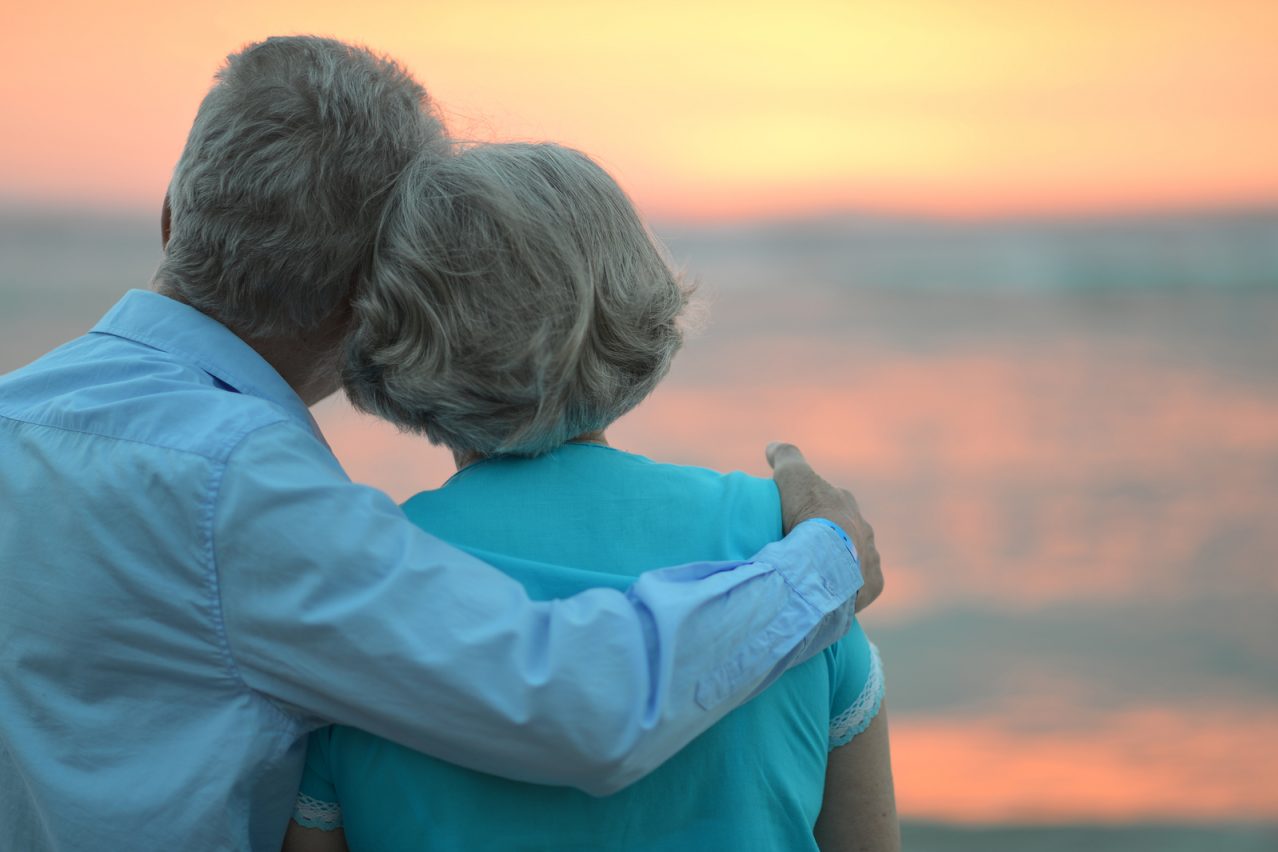
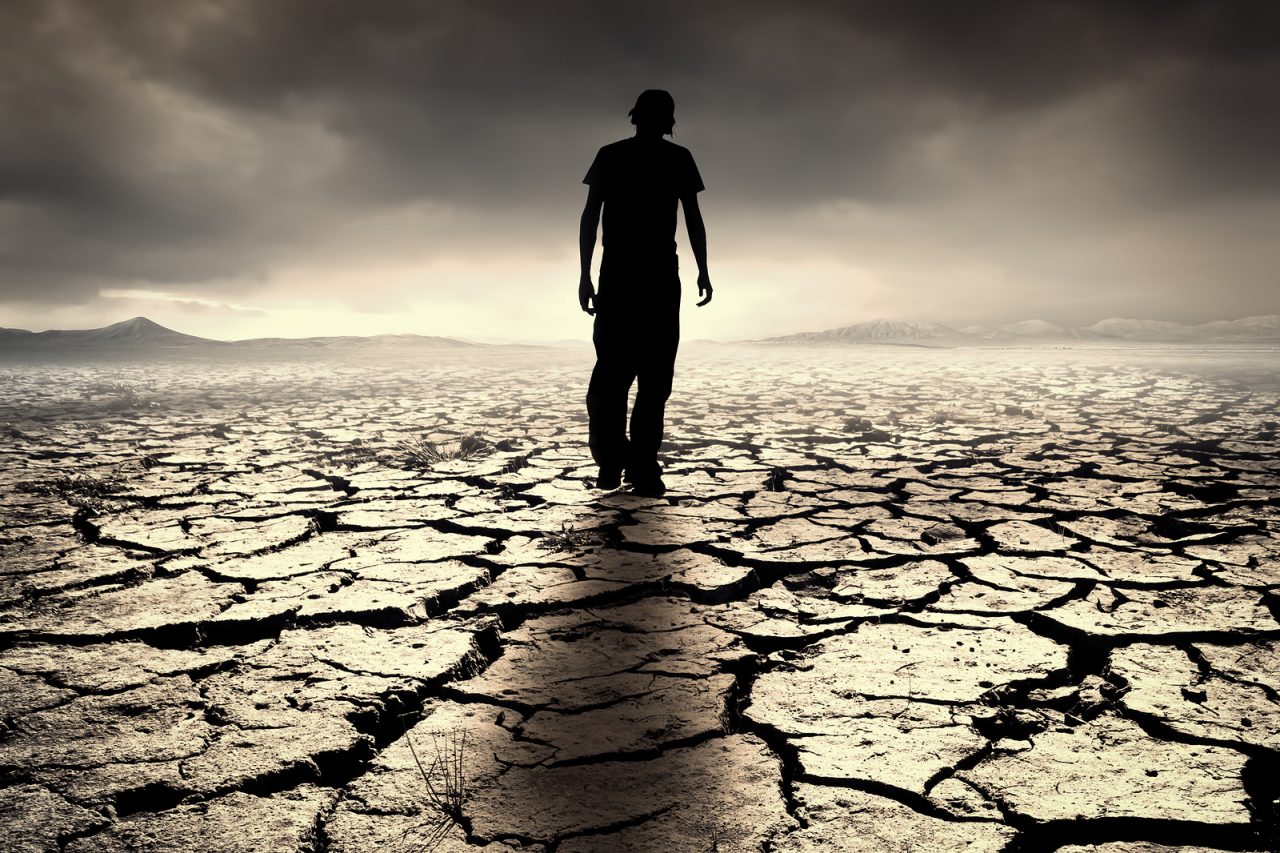
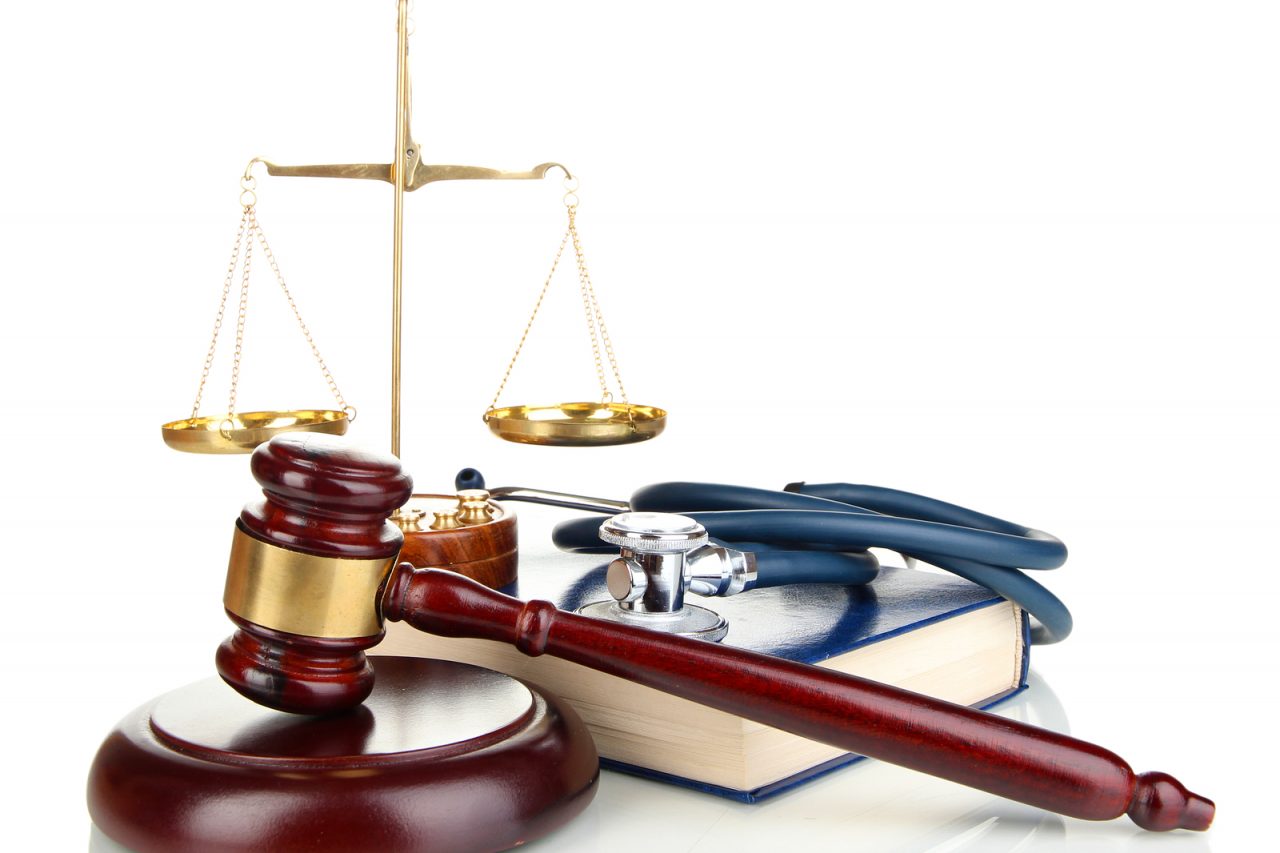

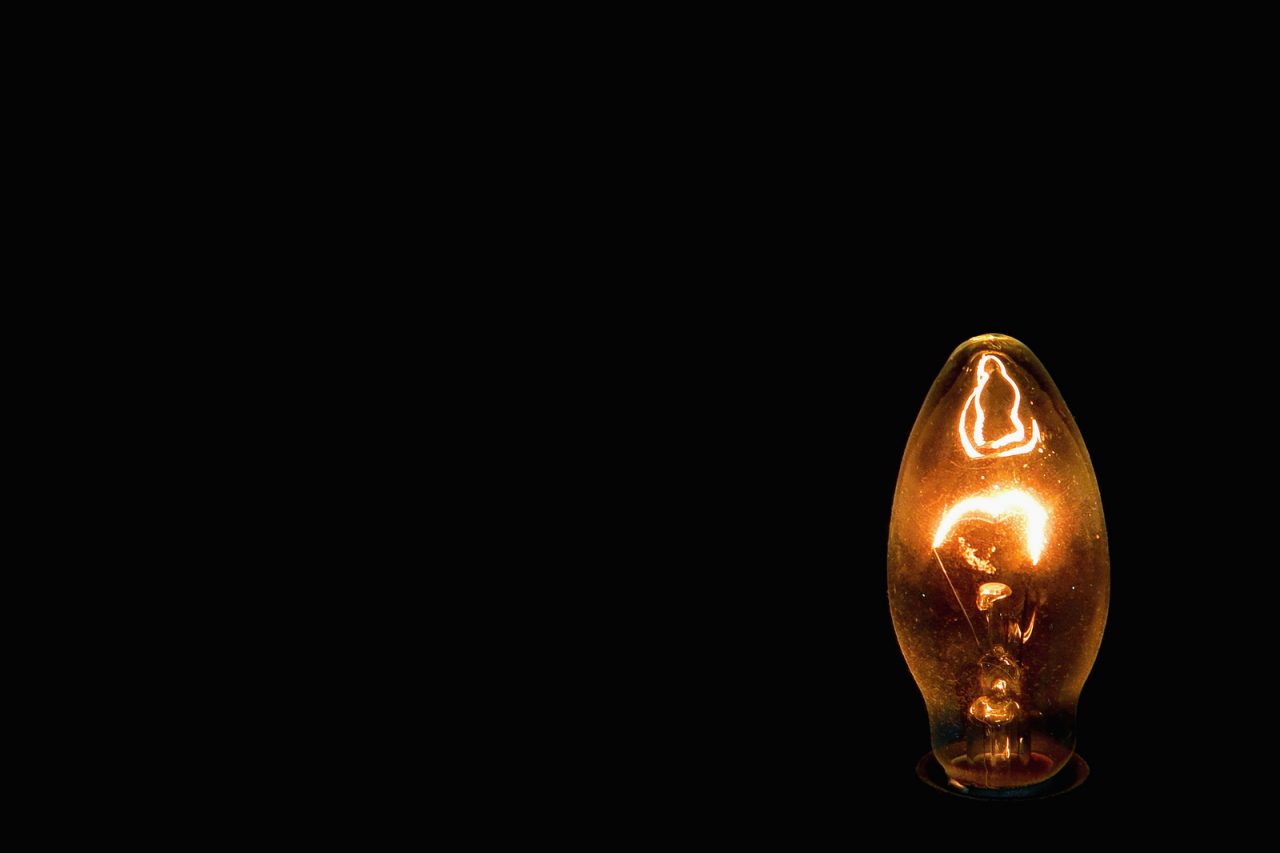
31 Comments